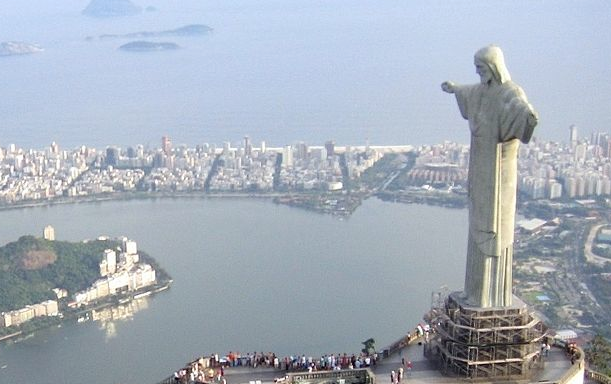Brazilians are spending more money in the U.S. than ever…and Miami is benefitting big.
A port of indulgence for Brazil’s elite, Miami has catered to South American investors for decades, helping them funnel huge sums into lavish, coastal condominiums. But now, following the recent reelection of Brazilian President Dilma Roussef, a number of the country’s biggest spenders are looking to increase their overseas holdings, and Miami is benefitting in a big way.
In a recent interview with The Wall Street Journal, Alyce Robertson, executive director of the Miami Downtown Development Authority, affirmed the impact Roussef’s reelection is having on South Florida.
“After the last election, we were talking to a lot of people concerned about getting their capital out of Brazil,” she said, adding that the exodus was largely a response to politics.
Brazilians Flee
With specific data unavailable, it’s difficult to quantify the recent influx of Brazilian investment. But throughout South Florida, developers, agents, bankers and a slew of other industry insiders are abuzz with talk of Brazil.
They speak of a swelling of Brazilian capital, aimed not just at property investments, but an increase in more prolonged and involved ventures, such as setting up businesses and obtaining residency and later citizenship for themselves and their families.
Genilde Guerra, an attorney at Kravitz & Guerra, told the Journal that Brazilian clients are mainly “concerned about the instability of Brazil’s political environment.
“They don’t want to be the last one’s to leave,” she said.
Not a 1980s/90s Repeat
According to the Brazilian Foreign Ministry, in 2013, approximately 3 million of the country’s 200 million lived abroad, and of those, one-third were in the U.S. Drawing from local sources, the Journal reported that Florida has become one of the most attractive destinations for these emigrating Brazilians, with as many as 300,000 living in the Sunshine State. Their presence is now so prominent in Miami that in 2013, Brazilians accounted for 51 percent of the city’s tourism.
This isn’t the first time the U.S. has taken on weighty injections of Brazilian immigrants. During the 80s and 90s, Brazil was brought under the wing of a harsh, U.S.-backed military junta that drove the country into near ruin, igniting a rash of economic problems, including hyperinflation and unemployment. Thousands of Brazilians fled the regime for a safer economic climate, with many finding haven in the U.S.
The difference between today and earlier migrations, is that before, Brazilians were entering the U.S. with little to their name, satisfied working low paying labor jobs. Today, it’s far more likely for them to bring wealth.


more informations please